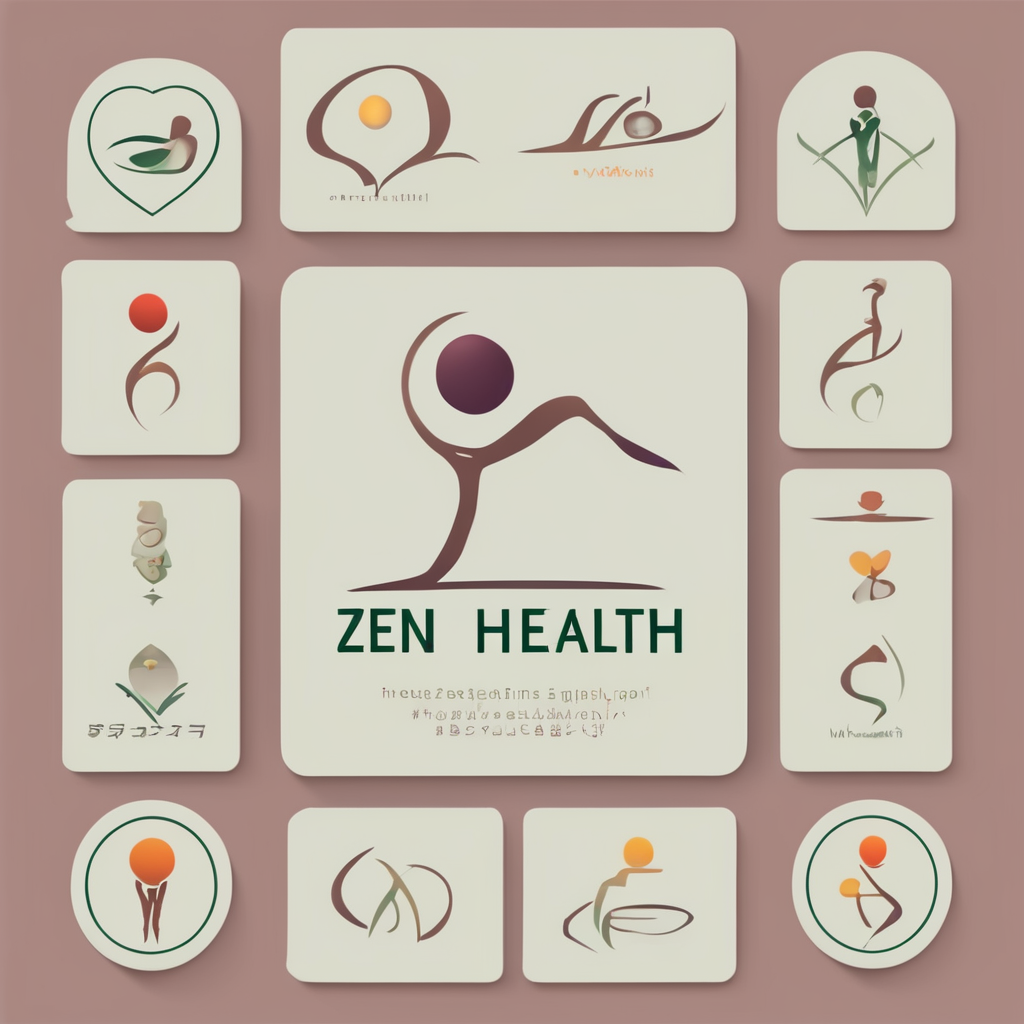Alcohol has become a common part of social interactions and celebrations. Many people enjoy a drink to unwind after a long day. However, excessive alcohol consumption can pose significant health risks. In this article, we will explore the various health risks associated with heavy drinking, including the impact on the body and the potential for disorders. We will also provide practical advice on how you can cut back on your drinking safely, promoting a healthier lifestyle for you and your loved ones.
The Risks of Excessive Alcohol Consumption
When discussing alcohol consumption, it’s crucial to acknowledge the various risks associated with drinking too much. Heavy drinking can lead to a host of health issues that affect both the short and long term. One of the most alarming risks is the potential for liver disease. The liver is responsible for metabolizing alcohol, but excessive intake can overwhelm this organ, leading to conditions such as fatty liver, hepatitis, or even cirrhosis. Each of these conditions can be debilitating and may require treatment or even result in liver failure.
In the same genre : How can regular check-ups with your doctor improve your long-term health outcomes?
The connection between alcohol and cancer is another serious concern. Research has shown that heavy drinking increases the likelihood of developing several types of cancer, including breast, liver, and esophageal cancers. The mechanisms are not entirely understood, but it’s believed that alcohol can damage cells and interfere with the body’s ability to repair genetic errors, thus increasing cancer risk.
Mental health is also significantly impacted by excessive drinking. Alcohol use disorder can lead to mood swings, depression, and anxiety. People often drink to feel better or cope with stress, but this can create a vicious cycle that exacerbates mental health issues. The effects of alcohol on the body and mind can lead to strained relationships, job loss, and other social problems.
Also to see : How does exposure to nature impact mental health, and what are the best ways to incorporate it into your life?
Furthermore, excessive consumption of alcoholic drinks can significantly affect your overall health, contributing to obesity and related diseases. Alcohol is high in calories and can lead to poor dietary choices, as people may opt for less nutritious food when they drink. Being aware of these risks is the first step toward making healthier choices.
Recognizing the Signs of Alcohol Use Disorder
Understanding the signs of alcohol use disorder (AUD) is critical for anyone who may be concerned about their drinking habits or the habits of someone they care about. AUD can manifest in various ways, and recognizing these signs early can be crucial in addressing the issue.
Common signs include a strong craving for alcohol, the inability to stop drinking even when you want to, and experiencing withdrawal symptoms when you do not drink. For some, drinking may start as a social activity but can quickly escalate into a daily habit. If you find yourself needing to drink more to achieve the same effects, it may indicate a developing problem.
In addition to behavioral changes, excessive alcohol consumption can have observable effects on the body. You might notice changes in your appearance, such as weight gain, skin issues, or a fatigued look. These physical signs, coupled with emotional fluctuations, should raise your concern.
If you or someone you know is experiencing these signs, it is essential to seek help. Various treatments are available, from counseling and support groups to medical interventions. However, recognizing these signs is the first step. Awareness can empower individuals to seek the assistance they need and start on the path to recovery.
Practical Strategies to Cut Back on Drinking
If you’ve decided to cut back on alcohol consumption, there are several practical strategies you can employ. The journey to reducing your drinking can be challenging, but with the right techniques, it is certainly achievable.
Start by setting clear goals for yourself. Decide on a specific limit for how many drinks you will have per week. Consider keeping a diary of your drinking habits for a week or two. This can help you become more aware of your consumption patterns and identify triggers that lead to excessive drinking.
Additionally, consider alternating alcoholic drinks with non-alcoholic options. For example, after every alcoholic drink, have a glass of water or a non-alcoholic beverage. This strategy not only reduces your overall alcohol intake but also helps you stay hydrated.
Finding alternatives to social drinking can also be beneficial. Engage in activities that do not revolve around drinking, such as fitness classes, volunteer work, or hobby groups. Surrounding yourself with supportive individuals who respect your choice to reduce alcohol can make the process easier.
If you find yourself struggling, don’t hesitate to seek professional help. Whether through a therapist, support group, or a healthcare provider, having a network of support can significantly improve your chances of success in cutting back on alcohol. Remember, your health should be your priority, and taking proactive steps to manage your drinking is a commendable decision.
The Importance of Support in Reducing Alcohol Consumption
Reducing alcohol consumption is often easier with support from friends, family, or professionals. Talking about your goals and challenges with others can provide motivation and accountability. Sharing your journey with someone you trust can make a significant difference in your progress.
Support groups, whether in-person or online, can provide valuable insights and encouragement. These groups consist of individuals who have faced similar challenges, and sharing experiences can foster a sense of community and belonging. Many people benefit from hearing others’ stories and strategies for success.
It’s also vital to communicate with your loved ones about your decision to cut back on drinking. Let them know how they can support you, whether that’s by not pressuring you to drink or by engaging in activities that don’t involve alcohol. Open dialogue can help create a more understanding and supportive environment.
If professional help is needed, consider reaching out to healthcare providers who specialize in addiction and recovery. They can offer tailored advice and treatment options based on your specific needs. Remember, seeking help is not a sign of weakness; rather, it demonstrates strength and commitment to your health.
In conclusion, understanding the health risks associated with excessive alcohol consumption is crucial for making informed decisions about drinking. The potential for liver disease, cancer, and mental health issues underscores the importance of moderation and awareness. By recognizing the signs of alcohol use disorder and employing practical strategies to cut back, you can take control of your health and well-being.
Support from friends, family, and professionals can make a significant difference in your journey toward reducing alcohol consumption. Remember, you have the power to embrace healthier choices for your body and mind. Making small changes today can lead to a healthier and more fulfilling life tomorrow. Your health is a priority, and every step you take towards moderation is a step towards a better future.











